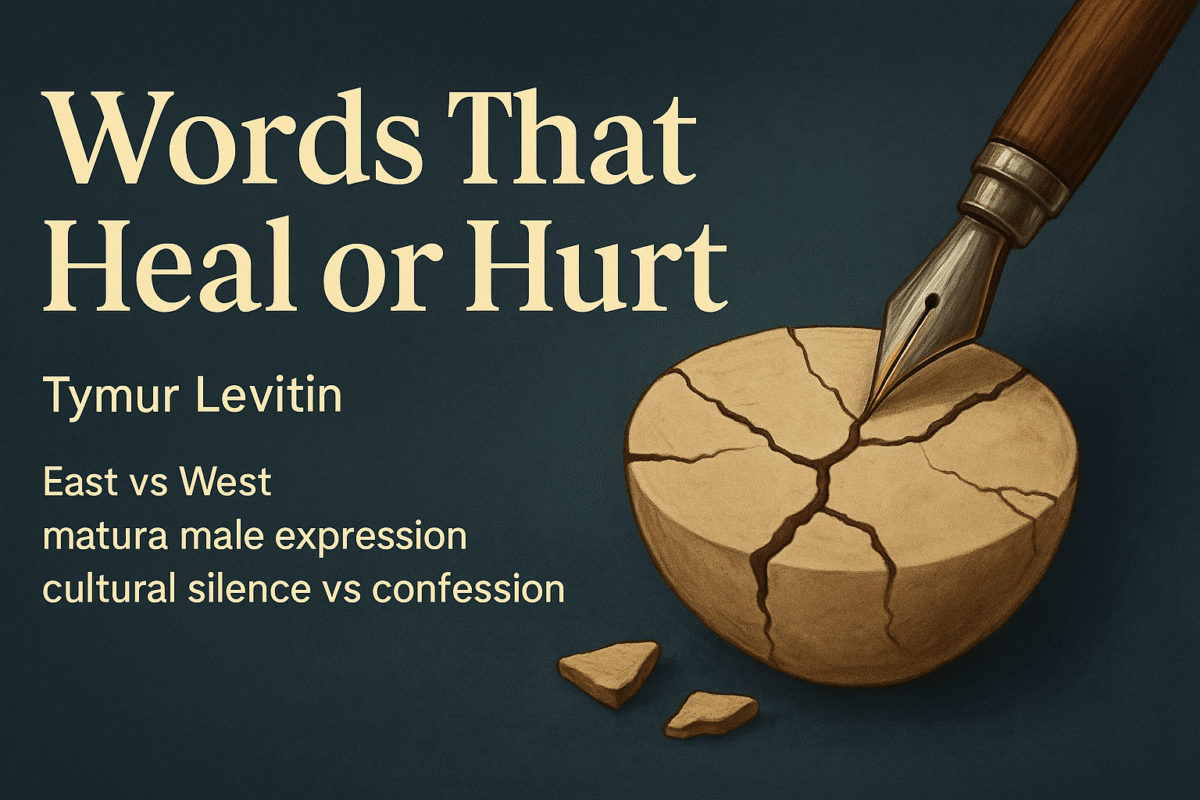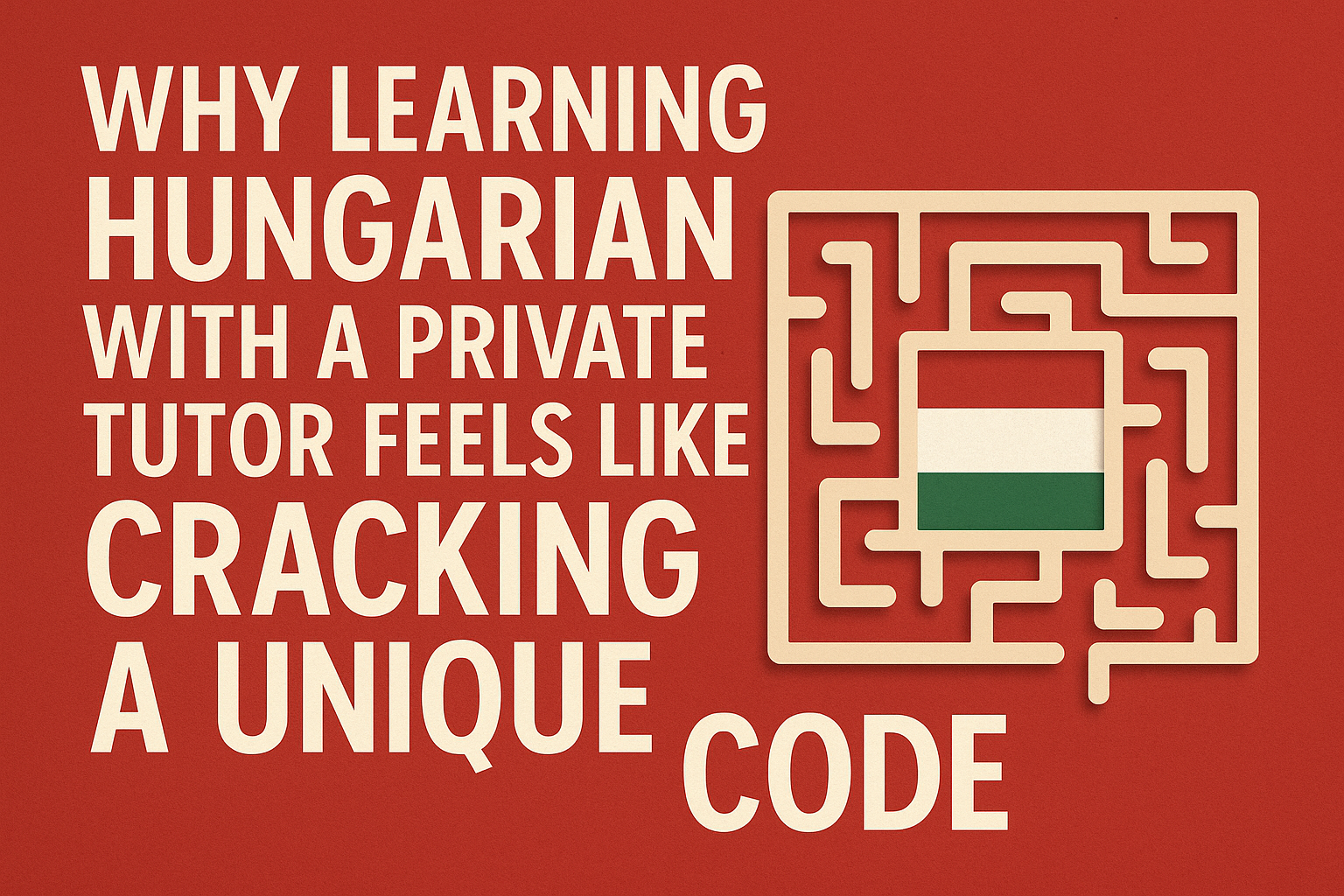A Study of Emotional Codes in Russian and British Songwriting
Author’s column by Tymur Levitin — founder, director, and lead teacher of Levitin Language School / Start Language School by Tymur Levitin
🔗 Wählen Sie Ihre Sprache
A Dream Instead of Words — “Пусть тебе приснится Пальма де Майорка”
This iconic Russian ballad by Mikhail Shufutinsky, composed by Igor Krutoy, doesn’t say much — at least not directly.
There’s no dramatic breakup. No tears.
The man simply asks one thing:
“Just dream of Palma de Mallorca. Or Nice. Or a quiet forest near Moscow. As long as we’re together.”
But he isn’t next to her.
He’s somewhere else, hoping her sleep brings warmth.
He knows they will talk again.
He believes in love, but lives in absence.
It’s a soft, aching way to express care without control.
A grown man’s vulnerability.
An understanding that love, sometimes, is letting time pass.
Walls Without Windows — “Another Brick in the Wall”
Then there’s Pink Floyd. Different country. Different context.
Same silence — but louder.
“Daddy’s flown across the ocean…
Daddy, what’d’ja leave behind for me?”
This song isn’t about romance.
Es geht um loss, resentment, and emotional repression.
Teachers. Fathers. Systems.
All become bricks in the wall that isolates the child from his own emotions.
Here, silence is not gentle.
It’s forced. Institutionalized.
And that’s what makes the voice rise —
“No dark sarcasm in the classroom…
Hey, teacher! Leave those kids alone!”
Two Versions of Silence
One man whispers hope in the early morning.
The other screams through electric guitars.
But both are telling the truth — in their own cultural language.
Shufutinsky’s ballad shows that tenderness doesn’t need explanations.
Floyd’s anthem shows that not speaking can be a wound.
Why This Belongs in a Language School Blog
Because language is not just words — it’s expression.
And sometimes, the most powerful expression…
is the absence of it.
As language learners, we often focus on vocabulary and grammar. But if we want to truly understand how people communicate, we have to listen to what’s nicht said. That’s where culture lives.
And before we even try to say something in another language, we must ask ourselves: what exactly do we want to say — and why?
Often, the problem is not the foreign words we don’t know —
but the native thoughts we haven’t yet clarified.
Translation doesn’t start with dictionaries. It starts with understanding.
Understanding a language means understanding when to speak,
when to stay silent —
and when to say something without saying anything at all.
🔗 Read also:
- She Knows, But He Won’t Say — When Silence Speaks Louder Than Love
- We Don’t Always Say What We Feel — But We Do Feel It
- Girl, Baby, ‘Detka’ — One Word, Two Worlds
📌 Blog category: Author’s Column — Tymur Levitin on Language, Meaning & Respect
© Tymur Levitin — Founder, Director and Lead Teacher at Levitin Language School
Sprechen Sie frei. Lernen Sie klug.
🔗 https://levitinlanguageschool.com






















